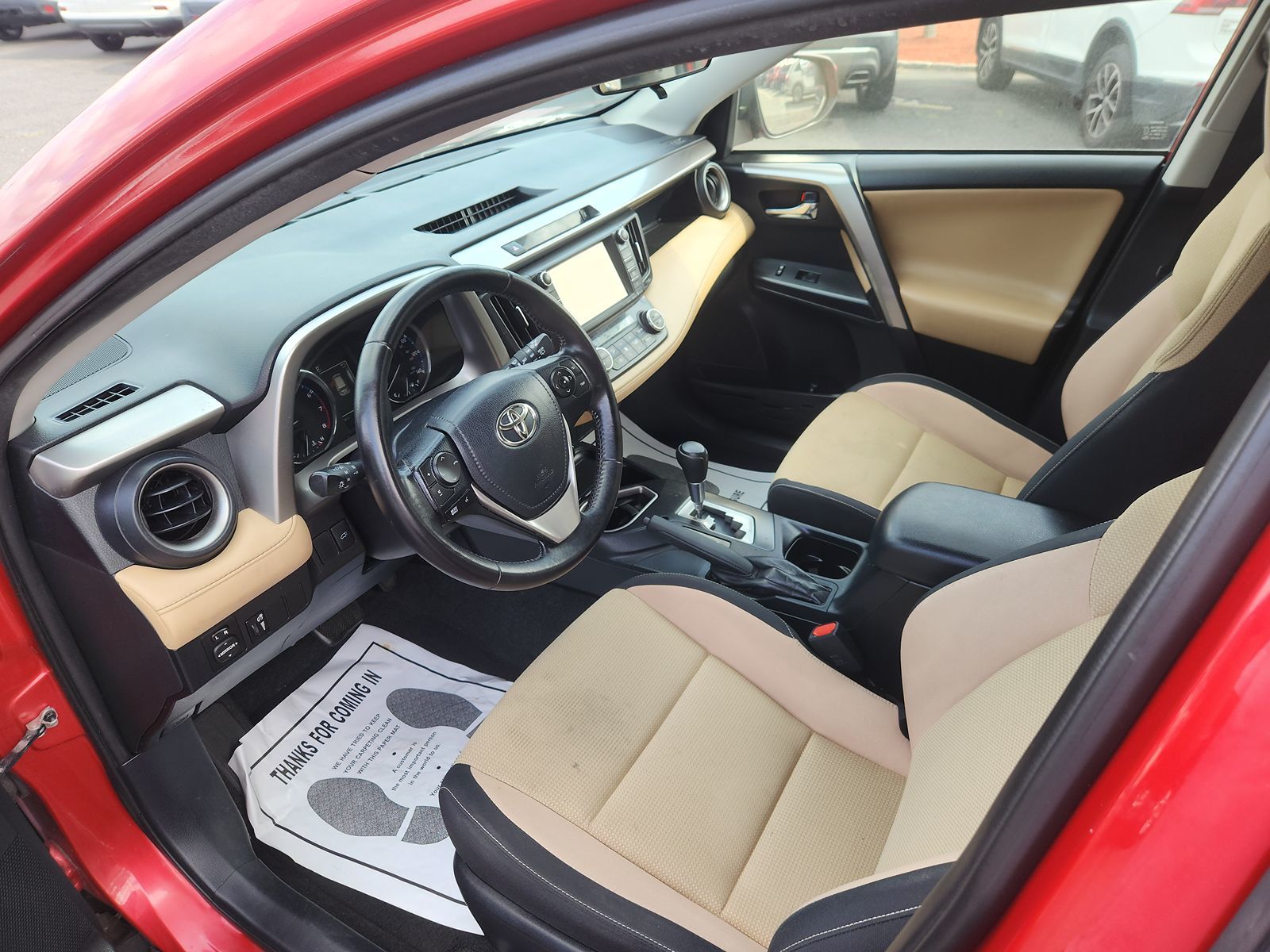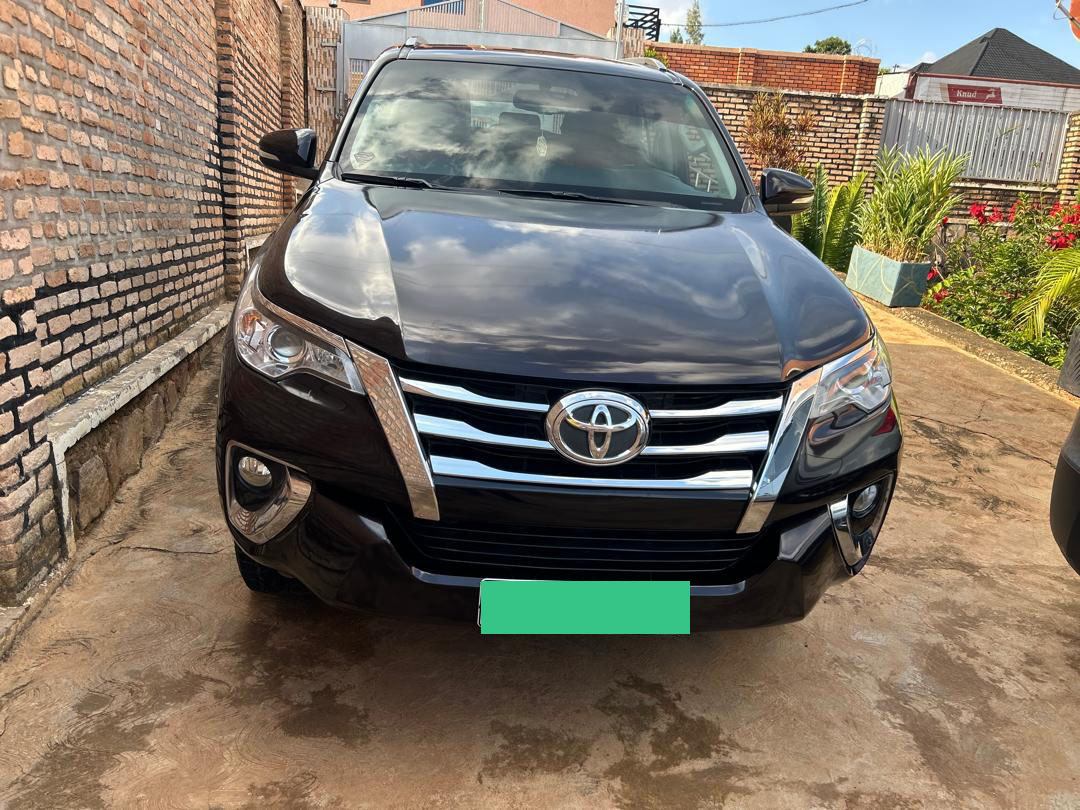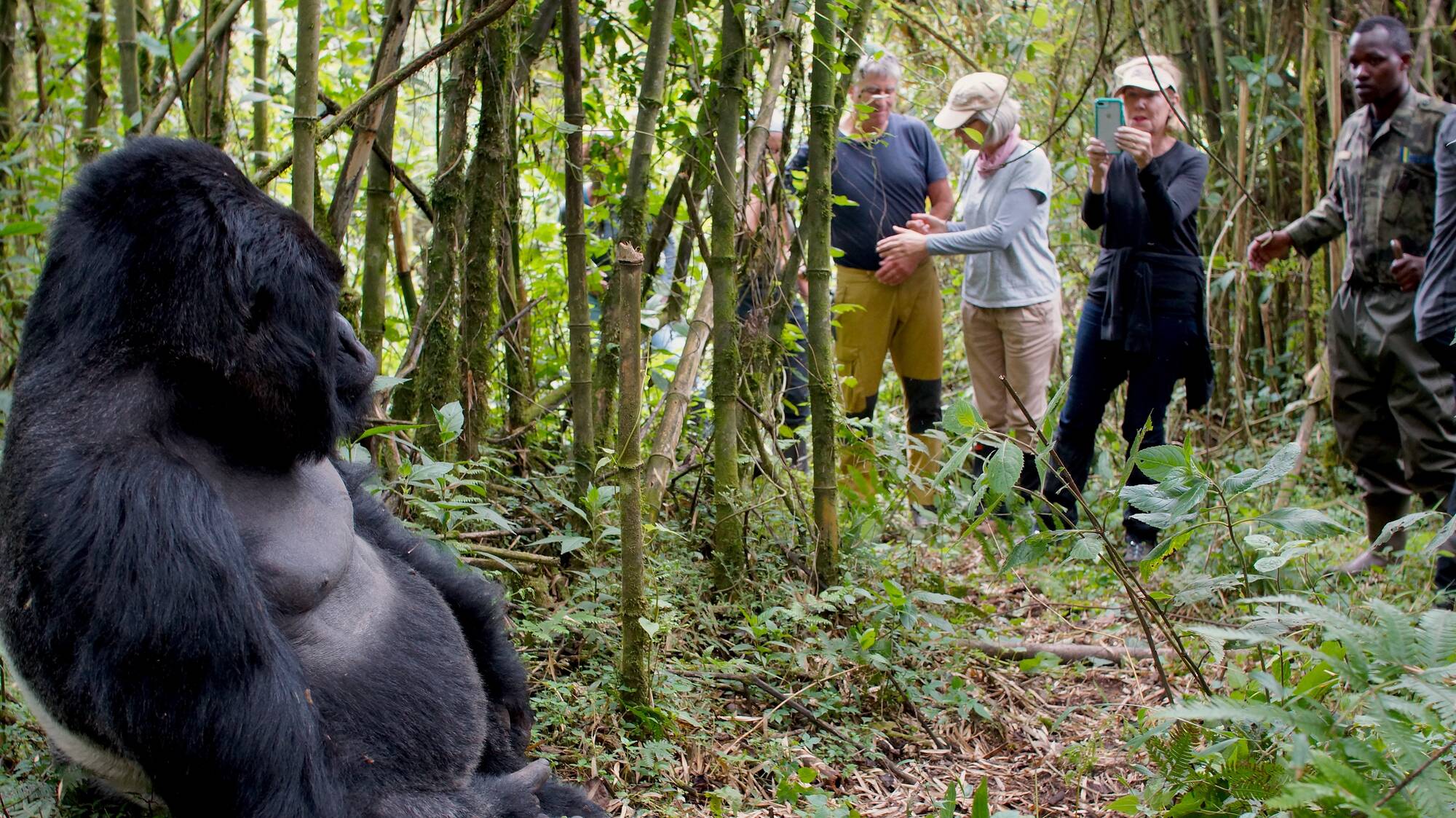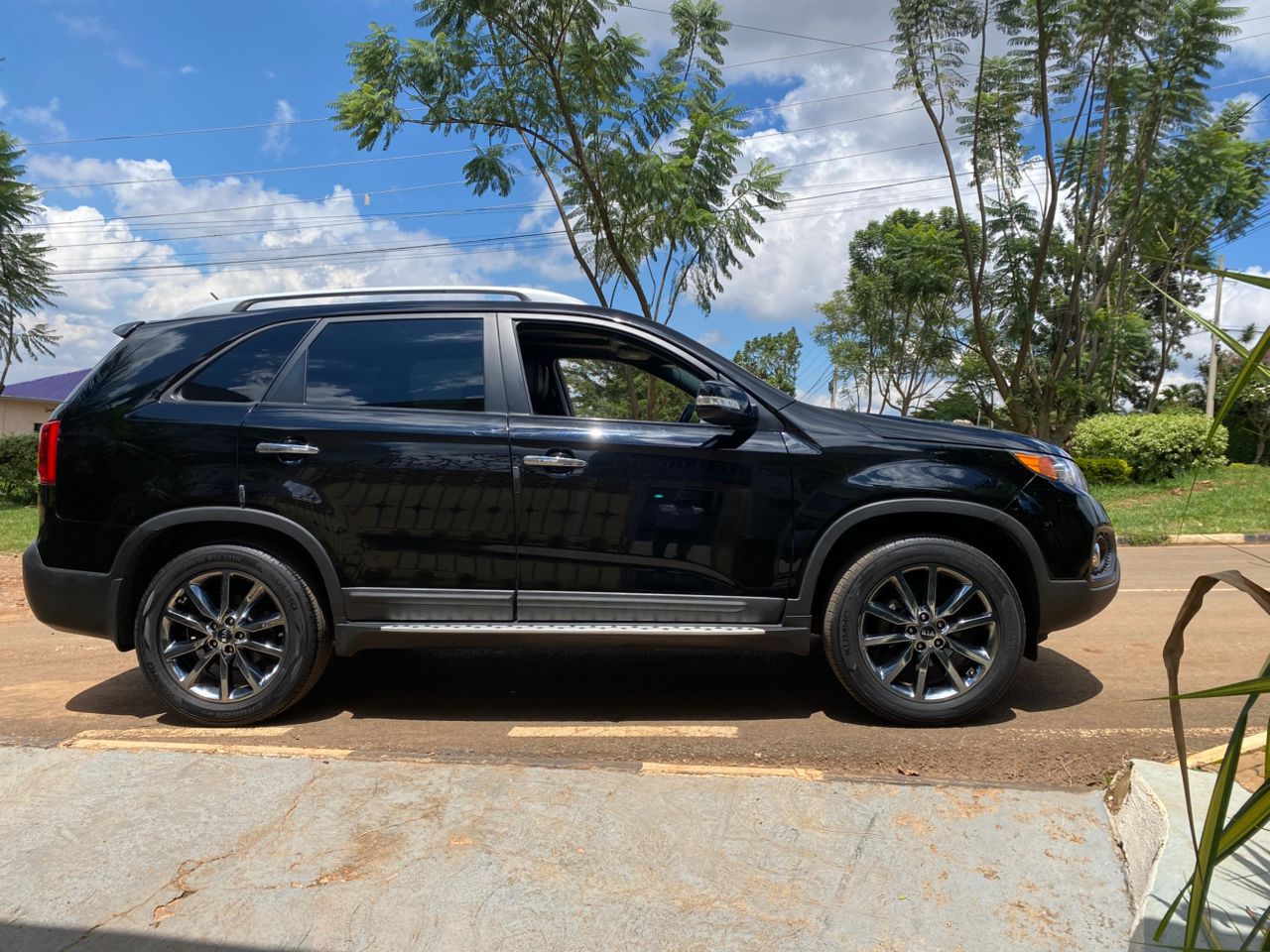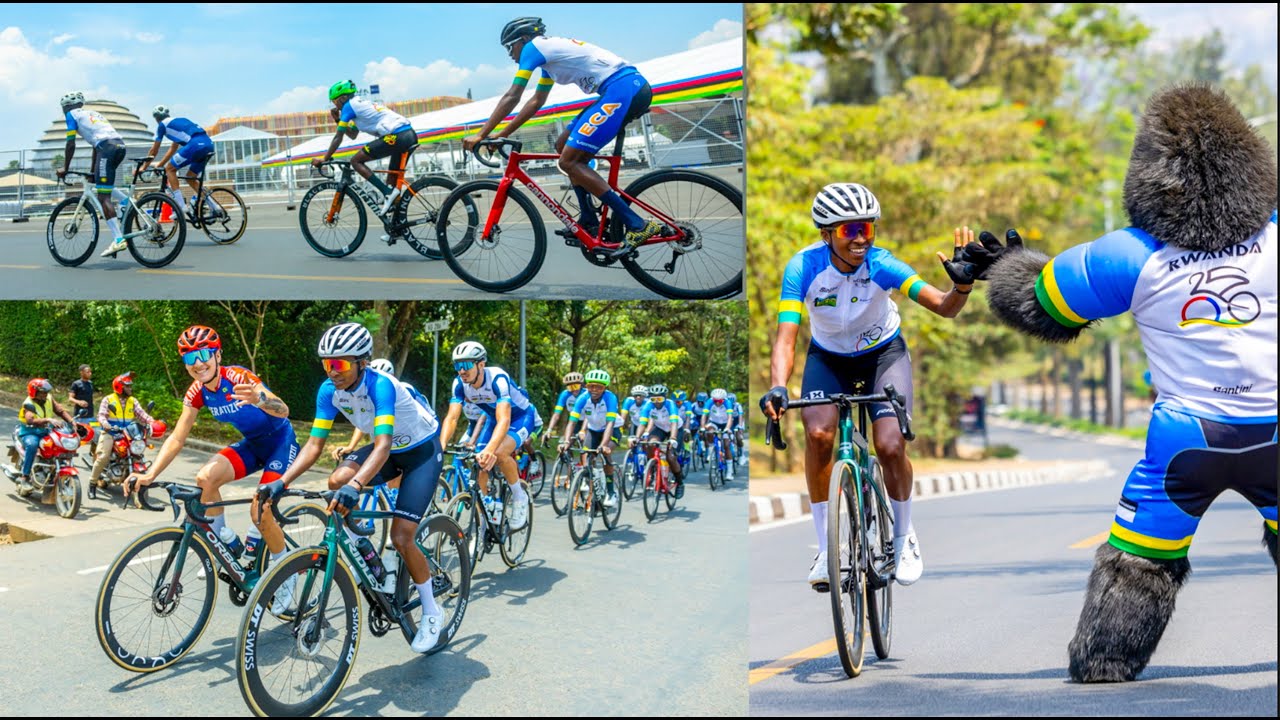Cultural Tours Rwanda
Cultural Tours Rwanda: Discover the Heart of Africa's Most Vibrant Culture
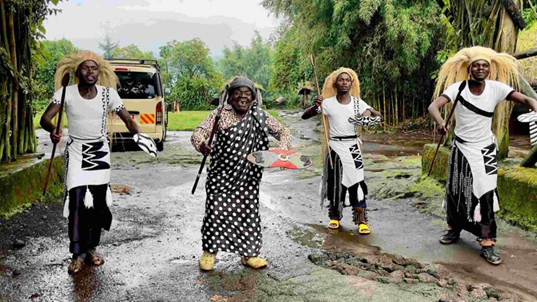
Understanding Rwanda's Cultural Landscape
Rwanda's cultural tapestry weaves together ancient Rwandan traditions with modern developments, creating a unique destination for cultural enthusiasts. The country's cultural sites are distributed across various regions, making reliable car hire services crucial for comprehensive cultural exploration. From the bustling streets of Kigali to remote villages in the countryside, each location offers distinct cultural experiences that tell the story of Rwanda's remarkable transformation.
The traditional Rwandan culture centers around three main ethnic groups who have coexisted for centuries, sharing the same language, traditions, and customs. This cultural unity makes Rwanda particularly fascinating for visitors seeking authentic cultural immersion. When planning your cultural tour, renting a well-maintained vehicle ensures comfortable access to various cultural destinations while respecting local communities and their traditions.
Essential Cultural Sites and Experiences
Kigali Cultural Attractions
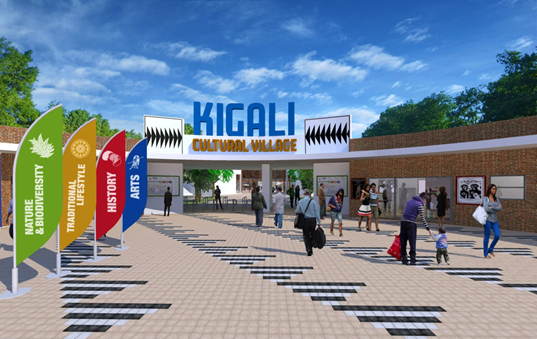
The Kigali Genocide Memorial stands as one of the most significant cultural and historical sites in Rwanda. This powerful memorial complex requires respectful visitation, and hiring a professional driver and guide ensures appropriate cultural sensitivity while navigating this emotionally significant experience. The memorial not only commemorates the victims of the 1994 genocide but also celebrates Rwanda's remarkable journey toward reconciliation and unity.
Traditional Villages and Cultural Centers
Exploring traditional Rwandan villages provides authentic insights into daily life, customs, and age-old traditions. Reliable 4x4 car rental services become essential when venturing into rural areas where traditional communities maintain their ancestral ways of life. These villages offer opportunities to witness traditional crafts, participate in cultural ceremonies, and learn about indigenous farming practices that have sustained communities for generations.
The Ibyiwacu Cultural Village near Volcanoes National Park presents an exceptional opportunity to experience traditional Rwandan culture firsthand. Visitors can participate in traditional activities such as banana beer brewing, traditional medicine preparation, and ancient hunting techniques. Securing appropriate transportation to Volcanoes National Park ensures comfortable access to this remarkable cultural destination while supporting local communities through responsible tourism.
Museums and Cultural Heritage Sites
National Museum of Rwanda
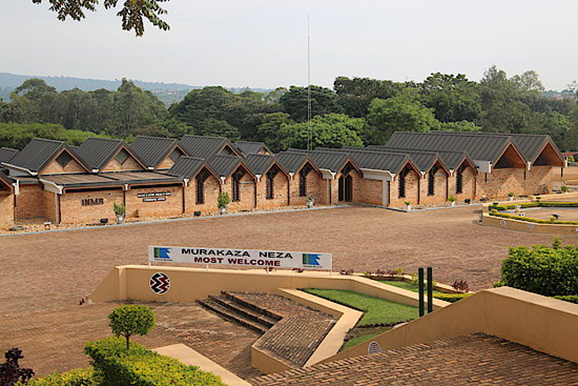
The museum's exhibits showcase traditional Rwandan art forms, including intore dance costumes, traditional musical instruments, and ancient pottery techniques. Visitors can explore displays that demonstrate the evolution of Rwandan society while appreciating the artistic achievements of various historical periods. Choosing appropriate vehicle rentals for cultural touring ensures comfortable transportation while allowing sufficient time for thorough museum exploration.
King's Palace Museum in Nyanza
The reconstructed traditional royal palace in Nyanza offers visitors a glimpse into Rwanda's pre-colonial political and cultural systems. This fascinating cultural site demonstrates traditional architecture, royal customs, and the sophisticated political structures that governed ancient Rwanda. Accessing historical sites through reliable car rental services provides the flexibility needed for comprehensive cultural exploration while respecting the significance of these important heritage locations.
The palace complex includes traditional structures built using ancient construction techniques, royal cattle (Inyambo) with magnificent horns, and informative displays about royal ceremonies and customs. Visitors can witness traditional dance performances and learn about the complex social structures that characterized pre-colonial Rwandan society. The site provides excellent opportunities for cultural photography and deep cultural learning experiences.
Traditional Arts and Crafts
Weaving and Basket Making

The famous Rwandan peace baskets (Agaseke) hold particular cultural significance as symbols of unity and reconciliation. These tightly woven baskets feature intricate patterns that tell stories about Rwandan history, values, and aspirations. Visitors can participate in basket-making workshops, learn about the cultural significance of different patterns, and purchase authentic pieces directly from artisans, supporting local communities and preserving traditional skills.
Traditional Music and Dance
Rwandan traditional music and dance form integral components of the country's cultural identity. The famous Intore dance, performed by skilled dancers wearing traditional costumes and carrying spears and shields, represents one of Rwanda's most celebrated cultural expressions. Arranging transportation to cultural performance venues ensures access to authentic cultural performances while supporting local artists and cultural preservation efforts.
Traditional Rwandan music features drums, string instruments, and vocal performances that accompany various cultural ceremonies and celebrations. Visitors can attend cultural performances, participate in drum-making workshops, and learn traditional songs that reflect Rwandan values and historical experiences. These musical traditions provide deep insights into Rwandan spirituality, social structures, and community relationships.
Cultural Festivals and Celebrations
Kwita Izina Ceremony
The annual Kwita Izina gorilla naming ceremony represents a modern cultural celebration that combines conservation efforts with traditional Rwandan customs. This unique event demonstrates how contemporary Rwanda integrates traditional values with modern conservation initiatives. Planning transportation for special cultural events requires advance booking and reliable vehicles capable of accessing mountain regions where these ceremonies take place.
The ceremony incorporates traditional music, dance, and storytelling while celebrating Rwanda's remarkable success in gorilla conservation. Visitors can witness traditional blessing ceremonies, participate in cultural performances, and learn about the deep connections between Rwandan culture and environmental stewardship. This event showcases Rwanda's innovative approach to combining cultural preservation with wildlife conservation.
Harvest Festivals
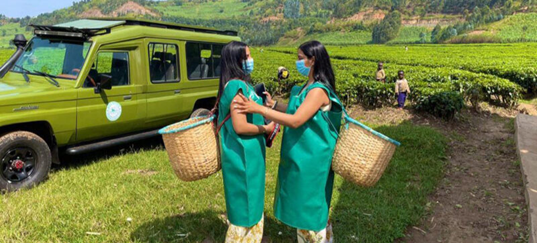
Harvest festivals typically include traditional food preparation demonstrations, communal dining experiences, and cultural performances that celebrate successful harvests and community cooperation. Visitors can participate in traditional farming activities, learn about indigenous crops and farming techniques, and experience the strong community bonds that characterize rural Rwandan society.
Cultural Dining Experiences
Traditional Rwandan Cuisine
Exploring Rwandan culinary culture provides delicious insights into agricultural traditions, social customs, and regional variations in food preparation and presentation. Traditional Rwandan meals feature locally grown ingredients prepared using time-honored cooking methods that reflect the country's agricultural heritage. Visiting local restaurants and cultural dining venues requires reliable transportation that allows flexibility for discovering authentic dining experiences throughout different regions.
Traditional dishes such as ugali, beans, sweet potatoes, and various vegetable preparations demonstrate the sophistication of Rwandan cuisine while reflecting the country's agricultural abundance. Visitors can participate in traditional cooking classes, visit local markets to select fresh ingredients, and learn about the cultural significance of sharing meals in Rwandan society. These culinary experiences provide intimate connections with local families and communities.
Traditional Brewing Culture
The traditional brewing of banana beer (urwagwa) represents an important aspect of Rwandan cultural heritage and social customs. This ancient practice involves complex fermentation processes that require specialized knowledge and cultural understanding passed down through generations. Accessing traditional brewing sites with appropriate transportation allows visitors to witness these fascinating cultural processes while learning about their social and ceremonial significance.
Traditional brewing ceremonies often accompany important cultural events and celebrations, providing opportunities for community gathering and cultural exchange. Visitors can participate in brewing activities, learn about the cultural protocols surrounding traditional alcohol consumption, and understand the role of communal drinking in strengthening social bonds and celebrating important occasions.
Planning Your Cultural Tour
Transportation Considerations
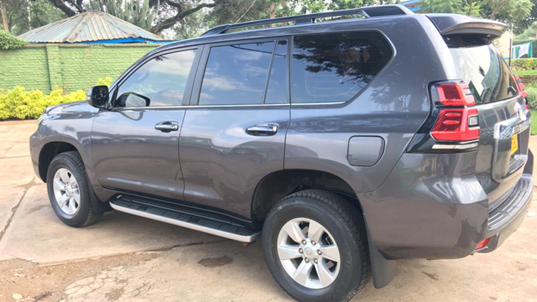
Professional drivers with cultural knowledge enhance the cultural touring experience by providing insights into local customs, facilitating respectful interactions with communities, and ensuring appropriate behavior at sensitive cultural sites. Hiring experienced local drivers and guides provides invaluable cultural context while supporting local employment and ensuring respectful cultural engagement throughout your journey.
Seasonal Planning
Rwanda's cultural calendar includes various seasonal celebrations, agricultural festivals, and traditional ceremonies that provide unique opportunities for cultural immersion. Understanding the best times for cultural touring involves considering weather conditions, cultural events, and agricultural cycles that influence community activities and cultural celebrations throughout the year.
The dry seasons typically offer better road access to remote cultural sites, while certain cultural celebrations occur during specific agricultural periods that may coincide with rainy seasons. Flexible transportation arrangements accommodate changing weather conditions and ensure continued access to cultural experiences regardless of seasonal variations.
Cultural Sensitivity and Responsible Tourism
Respectful Engagement
Cultural tourism in Rwanda requires deep respect for local customs, traditions, and community protocols that govern interaction with visitors. Understanding cultural etiquette and appropriate behavior ensures meaningful cultural exchanges while avoiding inadvertent disrespect or cultural insensitivity that could damage relationships with local communities.
Visitors should approach cultural sites and communities with humility, openness, and genuine interest in learning about Rwandan culture rather than simply observing or photographing cultural activities. This respectful approach creates opportunities for authentic cultural exchange and supports community-based tourism initiatives that benefit local people while preserving cultural traditions.
Supporting Local Communities
Responsible cultural tourism involves conscious efforts to support local communities through fair economic participation, respect for cultural intellectual property, and contributions to cultural preservation efforts. Choosing locally-owned tour operators and service providers ensures that tourism benefits reach local communities while supporting authentic cultural experiences and traditional knowledge preservation.
Visitors can support cultural preservation by purchasing authentic crafts directly from artisans, participating in community-based tourism initiatives, and contributing to cultural education programs that help preserve traditional knowledge and skills for future generations. These conscious choices create positive impacts that extend beyond individual travel experiences.
Combining Cultural Tours with Other Experiences
Wildlife and Cultural Integration

The proximity of cultural sites to national parks provides opportunities to understand the traditional relationships between Rwandan communities and wildlife, including traditional conservation practices and the cultural significance of various animals in Rwandan folklore and spiritual beliefs. These integrated experiences provide deeper understanding of the connections between culture and environment in Rwandan society.
Adventure and Cultural Combinations
Active travelers can combine cultural touring with adventure activities such as hiking, mountain climbing, and outdoor exploration that provide physical challenges while incorporating cultural learning opportunities. Accessing adventure destinations with cultural significance requires robust transportation solutions and flexible itinerary planning that accommodates both physical activities and cultural immersion experiences.
Mountain hiking experiences often include encounters with rural communities, traditional farming practices, and historical sites that provide cultural context for Rwanda's mountainous landscape. These combinations create memorable experiences that satisfy both adventure seekers and cultural enthusiasts while providing comprehensive insights into Rwandan society and natural heritage.
Practical Considerations for Cultural Tours
Transportation Logistics
Effective cultural touring requires reliable transportation that can access diverse locations while providing comfort and safety throughout extended travel days. Selecting appropriate rental vehicles for cultural exploration involves considering passenger capacity, luggage requirements, road conditions, and the need for flexible scheduling that accommodates spontaneous cultural opportunities and community interactions.
Professional transportation services provide valuable support for cultural touring by handling logistics, navigation, and coordination with local communities while allowing visitors to focus on cultural learning and authentic engagement with Rwandan traditions and customs. These services enhance the overall cultural experience while ensuring safety and reliability throughout the journey.
Documentation and Preparation
Cultural touring preparation involves research into Rwandan history, customs, and contemporary cultural developments that provide context for meaningful cultural engagement. Understanding documentation requirements and travel preparation ensures smooth travel while demonstrating respect for Rwandan regulations and cultural protocols that govern visitor interaction with local communities.
Visitors should prepare culturally appropriate clothing, basic knowledge of Rwandan customs and greetings, and understanding of sensitive historical topics that require respectful handling during cultural discussions and site visits. This preparation enhances cultural experiences while avoiding inadvertent cultural insensitivity or misunderstandings.
Conclusion

Professional car rental services with experienced local guides enhance cultural touring by providing reliable transportation, cultural interpretation, and respectful facilitation of community interactions that create meaningful exchanges between visitors and local communities. These services support responsible tourism while ensuring comprehensive access to Rwanda's diverse cultural heritage sites and traditional communities.
Rwanda's cultural tours demonstrate the power of tourism to support cultural preservation, community development, and international understanding while providing visitors with transformative experiences that challenge preconceptions and create lasting connections with one of Africa's most remarkable cultures. Through respectful engagement and conscious tourism choices, visitors contribute to Rwanda's continued cultural vitality while gaining invaluable insights into human resilience, community cooperation, and cultural adaptation.
The memories and insights gained through authentic Rwandan cultural experiences extend far beyond individual travel adventures, creating lasting appreciation for cultural diversity, human creativity, and the importance of preserving traditional knowledge and customs for future generations. Planning your comprehensive cultural tour with reliable transportation support ensures access to these remarkable cultural experiences while contributing positively to Rwanda's tourism industry and cultural preservation efforts.
